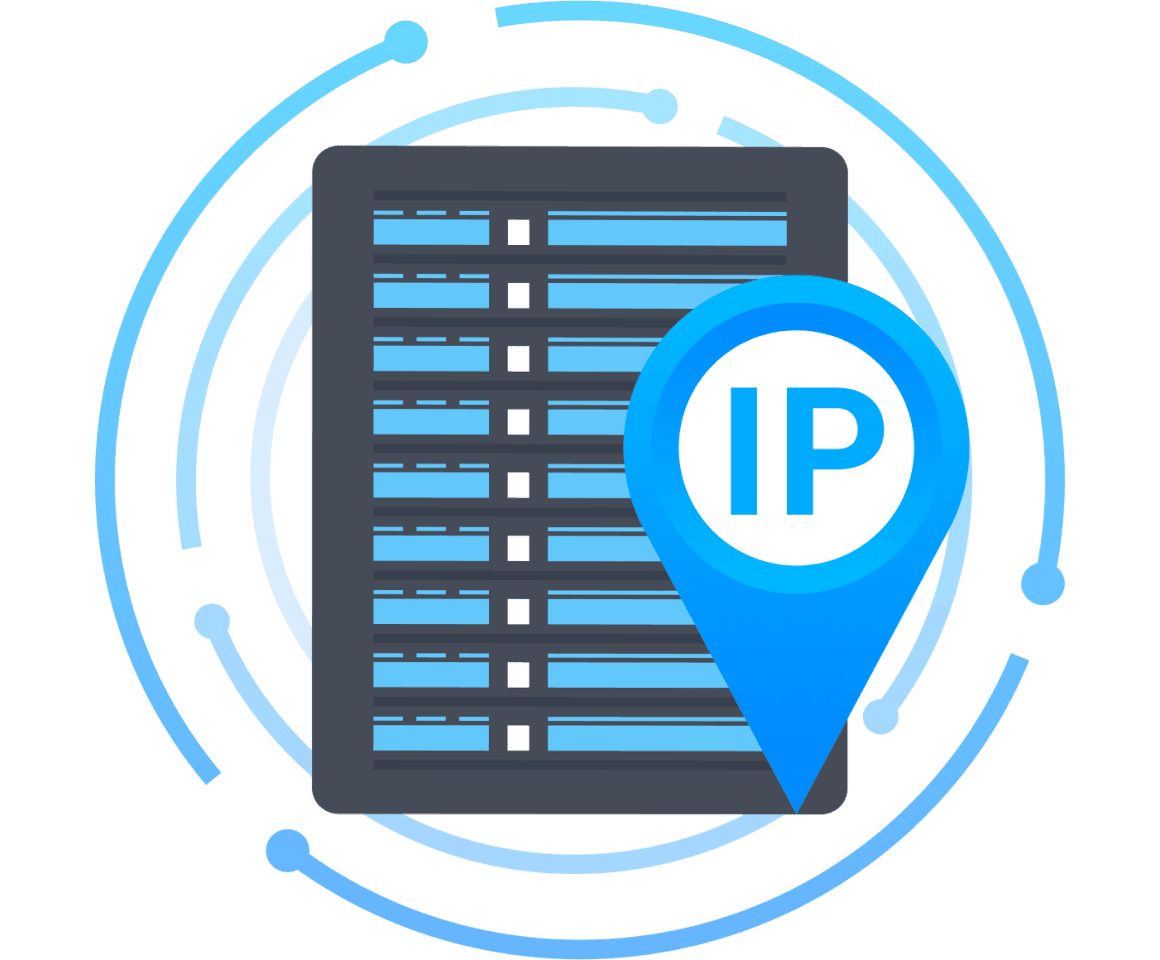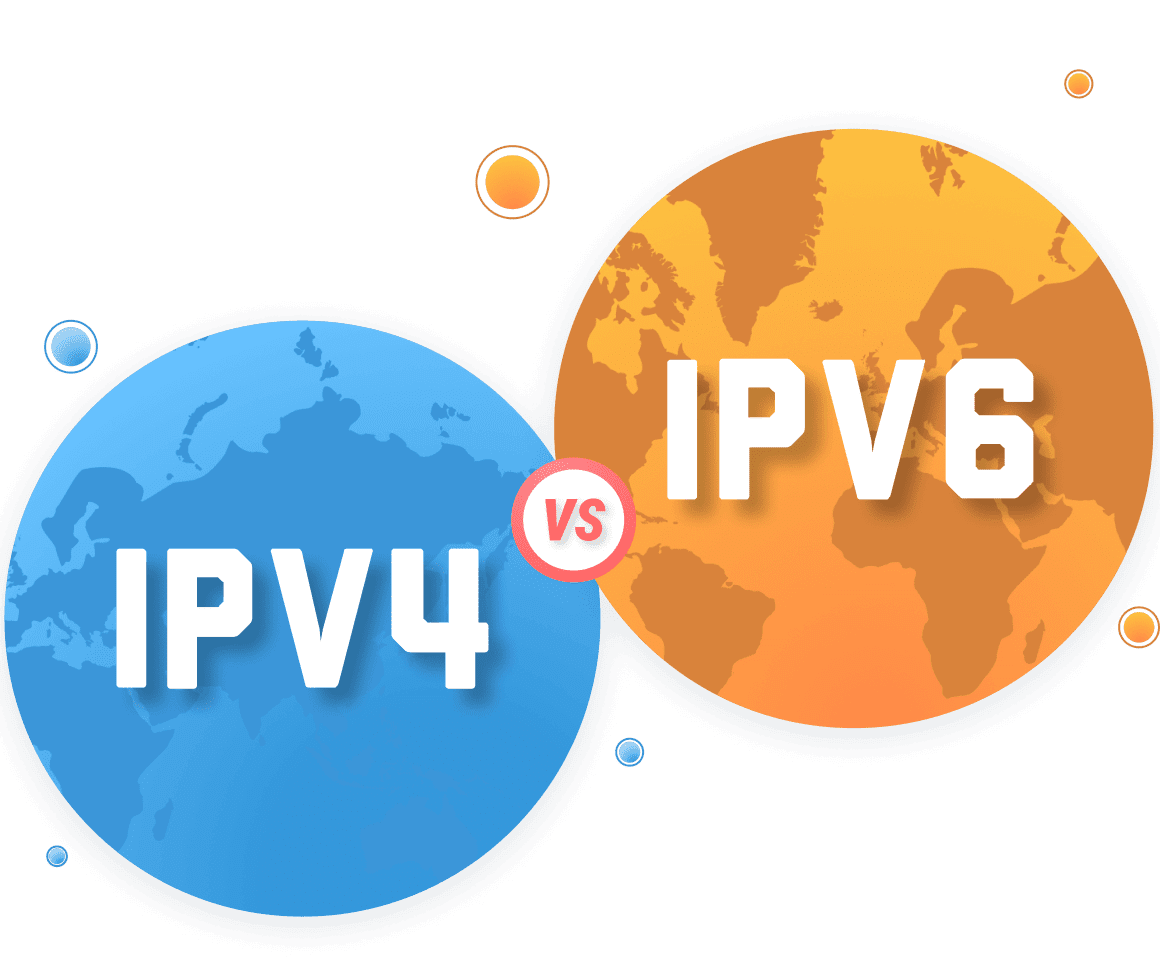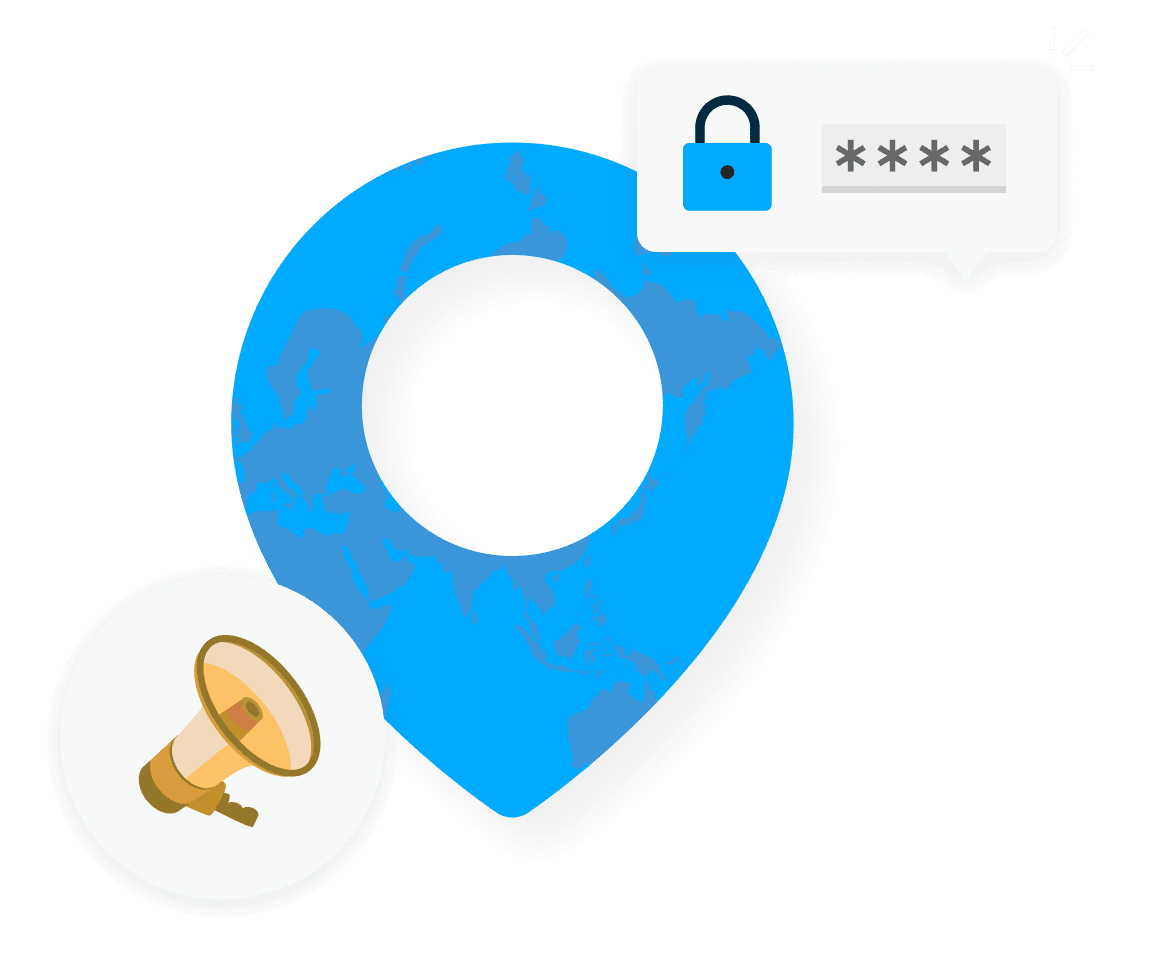216.73.216.181
United States, Columbus
216.73.216.181
United States, Columbus


An IP address is a unique number assigned to every device connected to the internet - like your computer or smartphone. Think of it as your device's digital address that allows devices to find and communicate with each other online. For example, an IP address looks something like "192.168.1", which includes network and host identifiers. Websites use these IPs to let you in or block access based on location or security rules.
Your home address shows your physical location in the real world, while your IP address shows the location of your device on the internet. This connection between your IP and physical location means knowing your IP can sometimes reveal where you are.


The older and most common version of IP addresses. It uses a 32-bit format and can generate over 4 billion unique addresses. This version carries the majority of internet traffic worldwide.
A newer, more advanced IP system designed to solve IPv4 limitations. With its 128-bit format, IPv6 supports a vast range of addresses - enough for every device on the planet and more. It's faster and more efficient.
When you connect to a VPN server, it assigns you a new IP address, masking your real location. Sometimes, this new virtual IP may show a different (sometimes incorrect) physical location when checked by third-party services, which can cause confusion. This typically happens because:


This is used within a local network, like your home or office. It's not visible to the outside internet and is used just for internal communication between devices connected locally. For example, multiple computers in an office may share the same private network with unique private IPs to communicate securely and privately within the network.
This is the IP address assigned by your Internet Service Provider (ISP) that allows your device to communicate on the internet. This IP is visible outside your local network, so websites and services can identify your general location and internet provider. Most homes and users have a public IP.
Start enjoying online content privately and freely with the best KeepSolid solution
Note: VPN Unlimited is available as a part of the MonoDefense security bundle
Your IP address is more than just a number - it's a critical digital identifier. Knowing your IP address enables various actions, but exposes you to risks:

Advertisers track your IP to serve personalized ads based on your browsing habits.

Your IP reveals your city or postal code, which can attract criminals who might attempt physical theft or extortion based on location.

Some websites change pricing or block access depending on your IP's country or region. Your IP can restrict or allow access based on geography.

Hackers can track your ISP using your IP, potentially accessing your browsing history or other sensitive data through sophisticated attacks.

Employers or ISPs may monitor your internet usage via your IP, sometimes throttling speeds or blocking sites.
Changing or hiding your IP address is essential for privacy, security, and unrestricted internet access. Here's how:

These act as middlemen, replacing your IP with the proxy's. However, proxies don't encrypt your data and provide limited security.

VPNs are the safest way to mask your IP address. They encrypt all your internet traffic and route it through secure servers worldwide, hiding your location and data from prying eyes.
Using a reliable VPN means you can:
1. Browse privately without being geo-blocked.
2. Access content from other countries to find better deals or bypass censorship.
3. Escape government or ISP surveillance.
Remember, free VPNs often come with slower speeds and weaker security, so investing in a trusted VPN service is worthwhile.
While your IP reveals a general geographic area, like a city or postal code, it doesn't disclose your exact home address. However, it can lead hackers closer by identifying your ISP and approximate location.
Your IP alone doesn't reveal your name or private details. But if combined with ISP data or court orders, your identity could be disclosed in exceptional cases.
Sometimes VPN IP location data is not perfectly up-to-date or accurate, causing mismatches. This doesn't affect your privacy, but it can cause location display differences.
You don't need to check it often, but always use VPN Unlimited to keep your IP hidden and your online activity private.